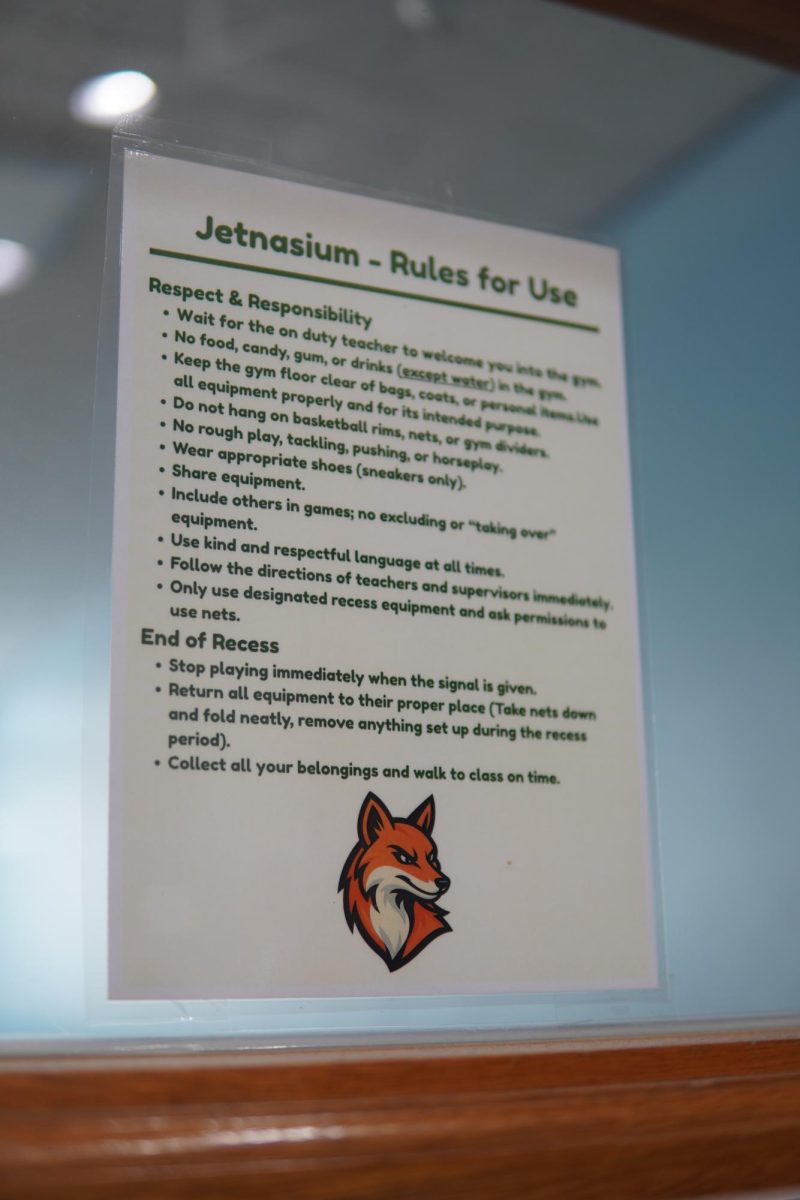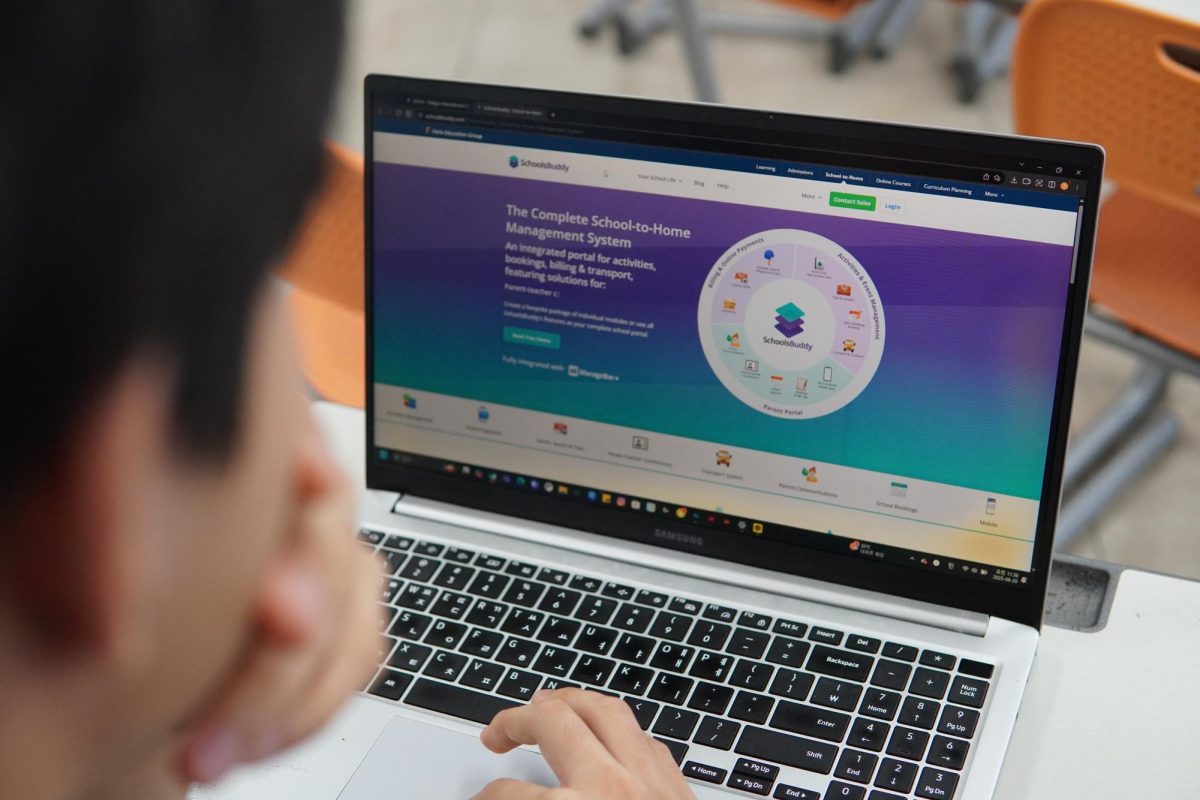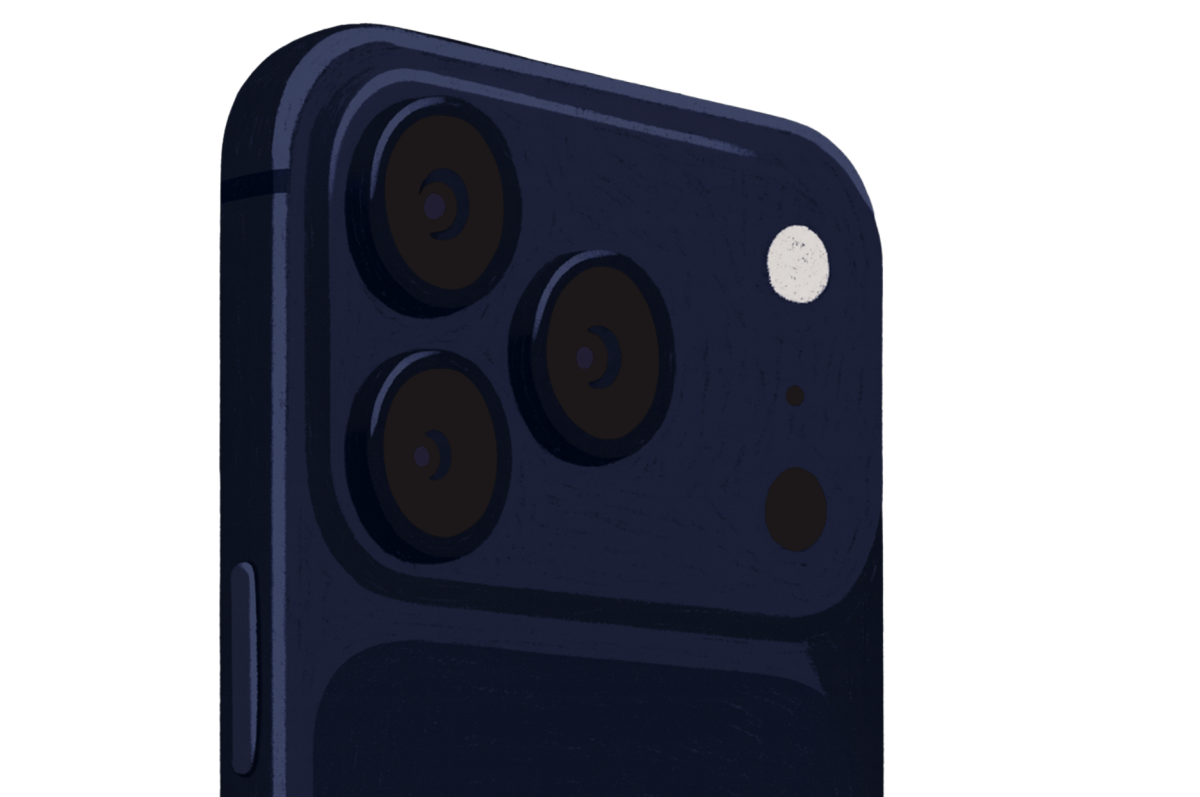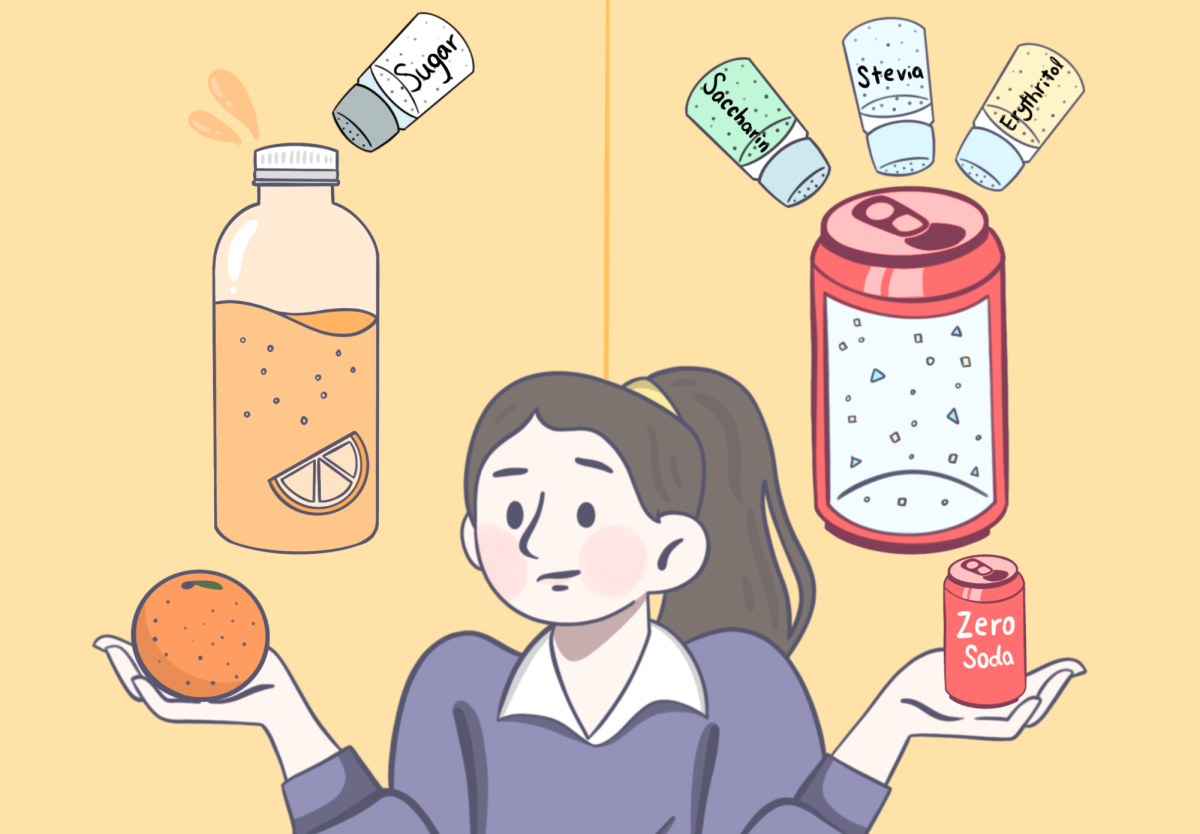Consumers in Korea fell victim to an avalanche of artificially sweetened goods over the past year. No sugar, but tastes like sugar? Too good to be true. Unnatural sweeteners stir up debates amongst health nuts, with some praising their benefits and others wary of hidden risks. Love them or leave them, fake sugars reshape how we spoil ourselves. Here’s a deep dive. The secret elixirs that fool our taste buds and disguise our drinks are erythritol, stevia, and saccharin.
Erythritol: Erythritol, a sugar alcohol from fruits and fermented foods, tastes 70% as sweet as sugar but contains no calories. However, we must note that large amounts can cause digestive discomfort. Speaking from experience, if you want to toss and turn all night, go ahead and drink this gunk. After only one can, I vomited three times throughout the night. Actually, I think I slept on the bathroom floor. But hey, you do you.
Stevia: Derived from stevia plants, this counterfeit carbohydrate packs a sweet punch like sugar and gained fame in Korea due to genetically modified ‘Tomangos’—a tomato infused with stevia. It offers sweetness with almost no calories, which is ideal for keto diets. However, the side effects, increased appetite combined with potential stomach issues like gas and bloating, might scare you away. As a former Tomango enthusiast, I went through, let’s just say, a “gassy” phase: 0/10 do not recommend. Stay away from stevia.
Saccharin: used in products like Sweet N’ Low, saccharin was banned in the 1990s due to health concerns but shockingly, nobody talks about that anymore. While saccharin might aid in weight loss, it poses risks for type 2 diabetes, obesity, and, in rare cases, cancer. People who value vanity over health make my skin crawl. Don’t dig an early grave just to look slimmer.
Zero-sugar refreshments have been a pop culture staple since the early 1960s when the world-famous Coca-Cola brand introduced its new diet soda, Tab. The brand then expanded its already impressive catalog and added modern bestsellers like Diet Coke and Coke Zero to the marketplace. To fans of diet and zero colas, you’re not drinking soda–you’re drinking scientifically-modified, artificially-sweetened, cancer and diabetes-inducing liquid debris. Please stop.
Even on our campus, many students roam the halls with a Zero Soda in hand. But Justin Son in 10th grade wisely believes low-sugar beverages pose a health threat. “The chemicals and different formulas used in making products like Zero Soda make it a bad and unsafe substitute for drinks flavored with sugar,” Son said. I 100% concur.
While sadists drink this sludge, we still need to hold an important conversation about healthier alternatives. But let’s be real: when a beverage tastes sugary sweet but has no calories, that sounds way too sus to me. But don’t play Russian Roulette with your body — you have to stay hydrated and eat nutrients just to survive. Stick with water, tea, and natural food. The next time you get your hands on a diet drink or sugar-free piece of candy, may the odds be ever in your favor.



















































Jio Kim • Oct 3, 2024 at 7:37 pm
I really learned a lot from this article! I’ve always known Stevia from stevia tomatoes to be very healthy because it’s based off on a plant made sugar but I never knew there would be side effects!
David • Oct 3, 2024 at 7:29 pm
You have a really funny style of writing that makes me want to keep reading the article. 5/5
Brian Kim • Oct 3, 2024 at 7:27 pm
My dad will still drink zero coke.
Mary • Oct 3, 2024 at 7:26 pm
In my opinion I believe that original soda and zero soda is equal. Just drink water instead soda:3
Dylan • Oct 3, 2024 at 7:26 pm
Good article, CJ, also did you know that zero soda can increase your chances of getting heart diseases
Sola • Sep 30, 2024 at 7:36 am
Yall, just don’t drink soda. Drink water 🙂
Great article CJ!!
Kyla A. • Oct 3, 2024 at 7:32 pm
Fr, water is the best.